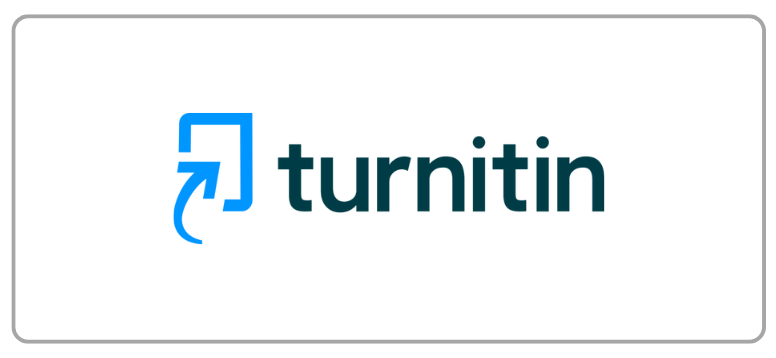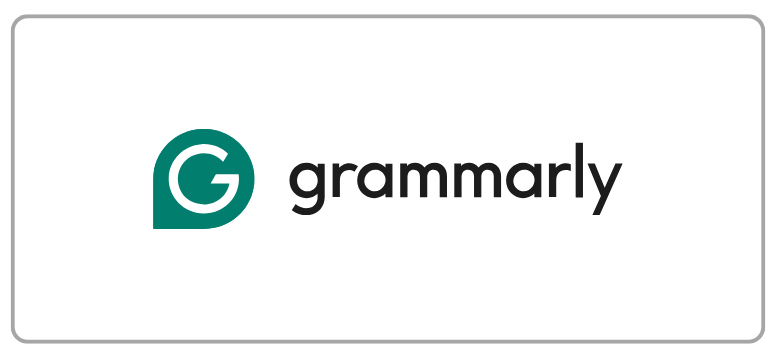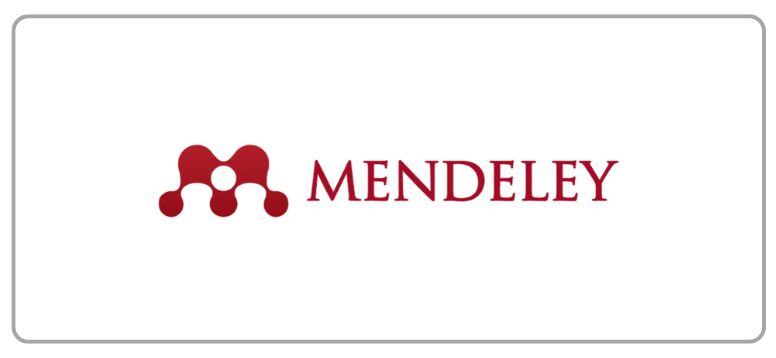The Comparison of the Monolingual and Bilingual Japanese Students in The English Achievement
DOI:
https://doi.org/10.21512/lc.v1i2.320Keywords:
monolingual, bilingual, Japanese, student, EnglishAbstract
Article is intended to know whether the monolingual or bilingual Japanese students are better in the English achievement and whether the exposure of English influences the ability. The data were taken from 60 Japanese students who are supposed to fill in the questionnaires regarding their language background. The English achievement data were taken from the students’ scores in Senior High School National Examination and the data further were compared to the TOEFL English score. The analysis is carried out using ANOVA analysis. This research indicates that monolinguals are better learners in English and exposure is proved to influence the students’ ability in English.                         Â
References
Baugh, Albert C. and Cable Thomas. 1997. A History of the English Language. London: Rouledge.
Houwer, Annick. 1998. “Comparing Error Frequencies in Monolingual and Bilingual Acquisition.†Bilingualism Language and Cognition Vol. 1 Number 3 December 1998: 173-174.
Keshavarz, Mohammad Hossein and Astaneh Hamideh. 2004. “The Impact of Bilinguality on the Learning of English Vocabulary as a Foreign Language.†Bilingual Education and Bilingualism, Vol. 7, No 4, 2004:295-302.
Maghshudi, Mojtaba. 2007. “The Impact of Bilinguality on Pre-University Students in English Achievement in Mysore, India.†Language in India Volume 7: 3 March 2007. .edu/Glossa/Journal/jun2007/The%20Impact%20of%20Bilinguality
Richards, Jack C., John Platt, and Heidi Platt. 1997. Longman Dictionary of Language Teaching and Applied Linguistics. Longman Group UK: Edinburg.
Williamson, Leon F. and Freda Young. 1978. “The Reading Performances of Monolinguals and Bilinguals Compared.†In Michel Paradis (ed) Aspects of Bilingualism. Ed. By Michel Paradis (77 – 86).
Downloads
Published
How to Cite
Issue
Section
License
Authors who publish with this journal agree to the following terms:
a. Authors retain copyright and grant the journal right of first publication with the work simultaneously licensed under a Creative Commons Attribution License - Share Alike that allows others to share the work with an acknowledgment of the work's authorship and initial publication in this journal.
b. Authors are able to enter into separate, additional contractual arrangements for the non-exclusive distribution of the journal's published version of the work (e.g., post it to an institutional repository or publish it in a book), with an acknowledgment of its initial publication in this journal.
c. Authors are permitted and encouraged to post their work online (e.g., in institutional repositories or on their website) prior to and during the submission process, as it can lead to productive exchanges, as well as earlier and greater citation of published work.
USER RIGHTS
All articles published Open Access will be immediately and permanently free for everyone to read and download. We are continuously working with our author communities to select the best choice of license options, currently being defined for this journal as follows: Creative Commons Attribution-Share Alike (CC BY-SA)


















